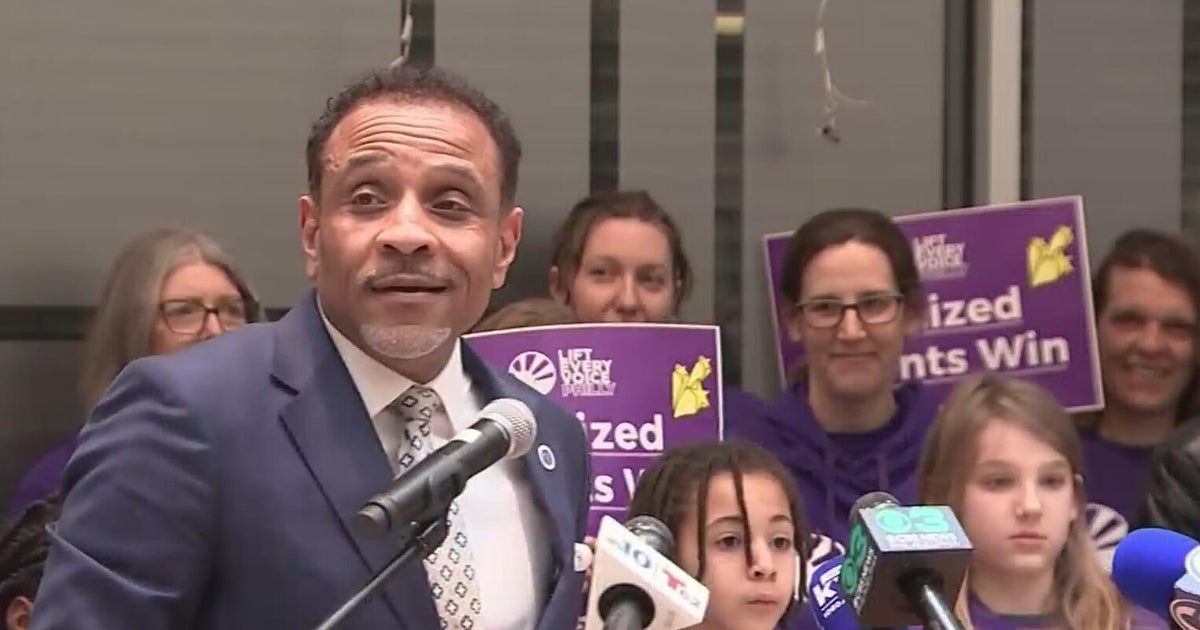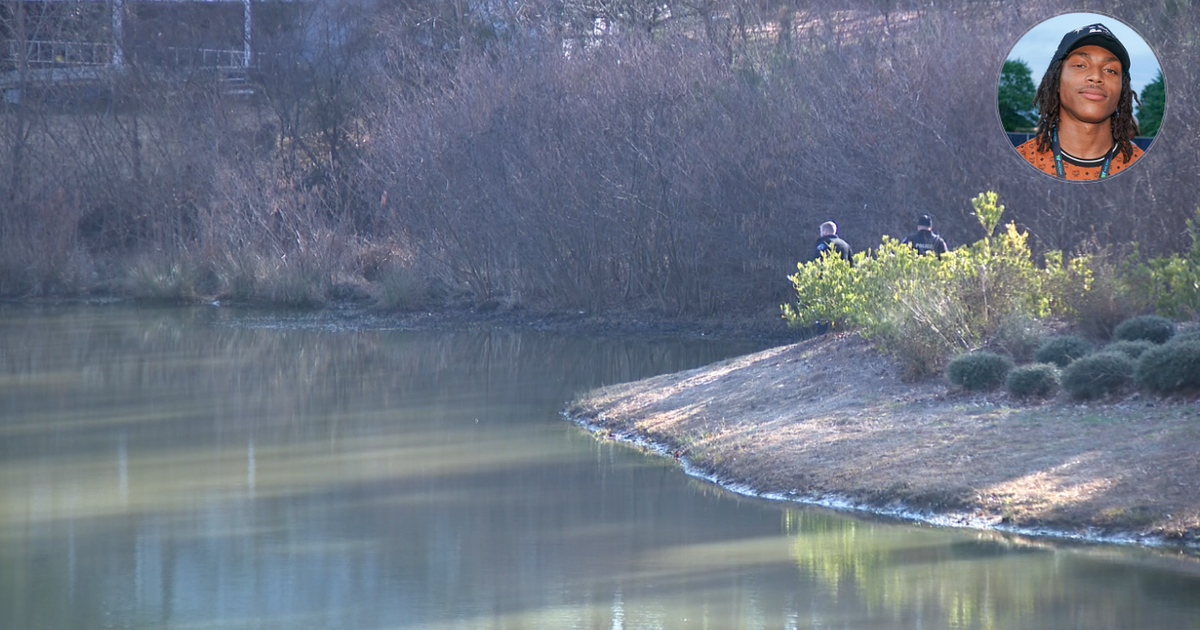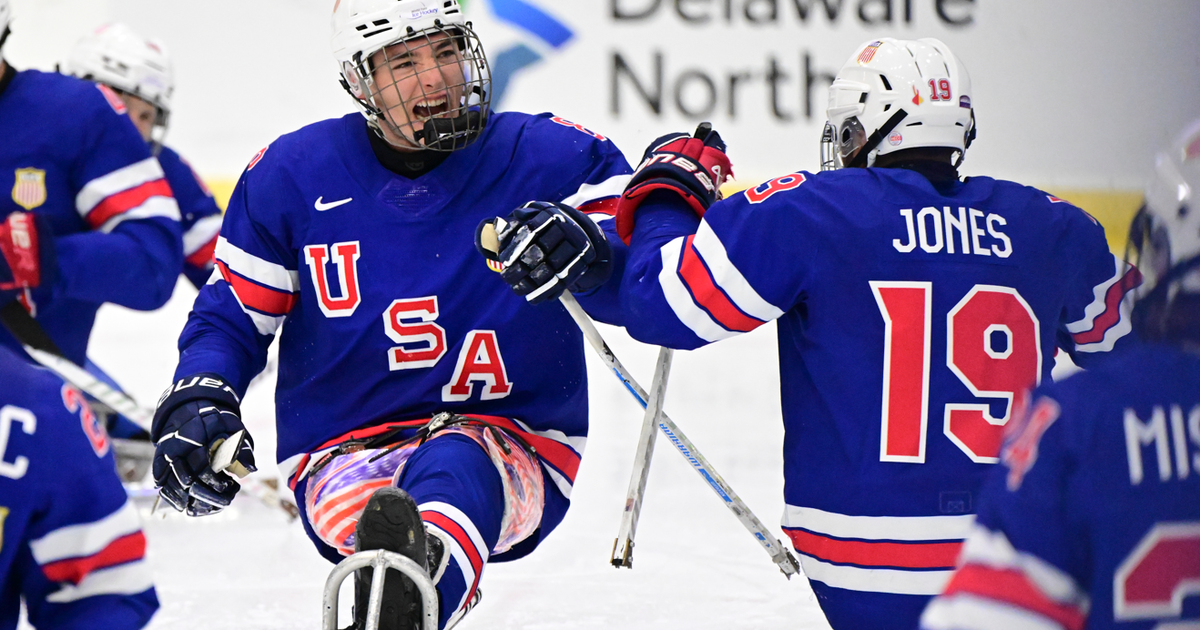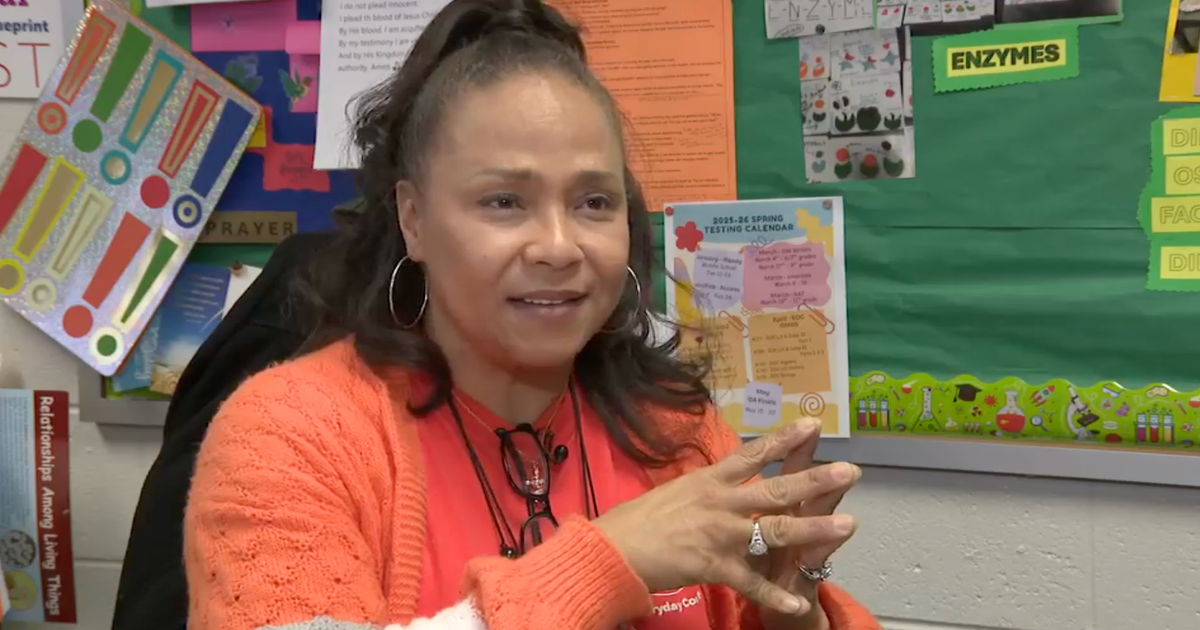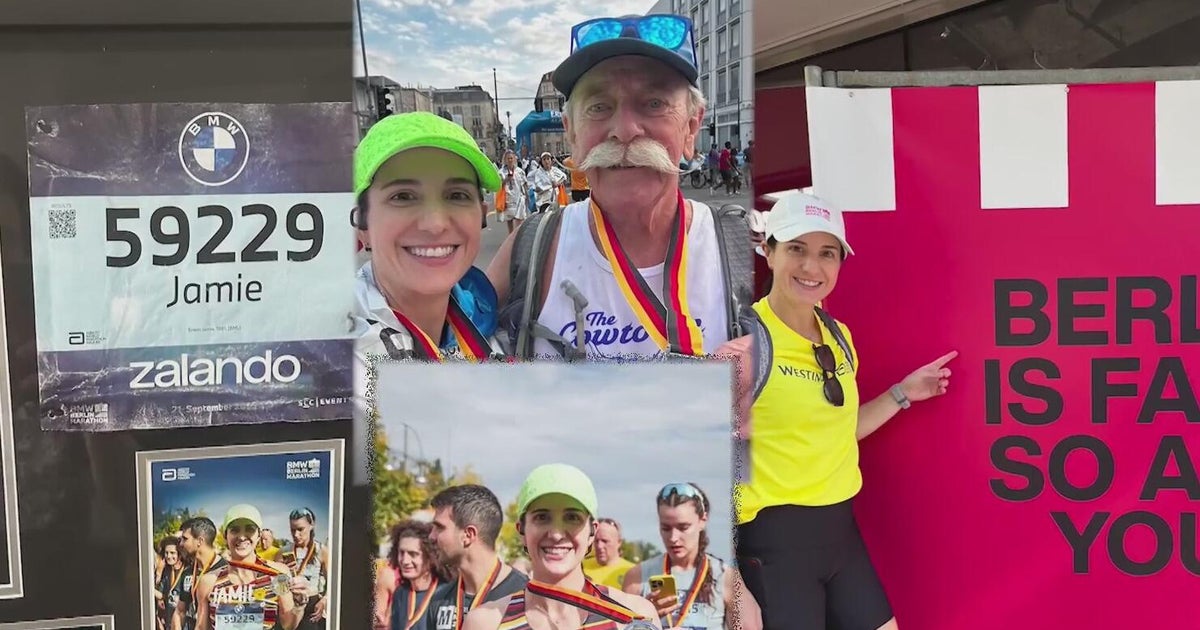Survival Training Meets Six-Month-Olds In The Pool
By KYW's Ian Bush
MAPLE GLEN, Pa. (CBS) - Infants and toddlers depend on their parents, but what happens when mom and dad get distracted? If there's a pool around, it could be deadly. So, some kids are getting trained to save themselves -- even before they learn to walk.
In Barbara Gorman's backyard pool in Maple Glen, Montgomery County, Jaxin whimpers in the water. But, the tears are worth it.
"Infant Swimming Resource gives them a fighting chance to save their lives," Gorman says.
Gorman says she was the first ISR instructor in Pennsylvania, where she's been training children from six months to six years for nearly a decade.
"The first thing we teach them is breath control."
If a tot tumbles into a pool or stumbles in open water, Gorman explains, "they'll know how to hold their breath, they'll be able to kick themselves up to the surface of the water, get a breath, and get on their back and float."
(Gormin, to student:) "Good job, Jaxin!"
Jaxin is a year and a half.
(Gorman:) "Are you ready?"
Between the bouts of crying, he's all business, rolling onto his back with little help from his coach, calmly breathing, and floating to a safe spot, like steps or the side of the pool.
(Gorman:) "Good job! You did it!)"
For his hard work, Jaxin gets a sticker, and a skill to last -- and lengthen -- a lifetime.
Then there's Joshua's 'swimsuit.'
(Dana:) "Long pants, socks, Spider-Man sneakers, a long-sleeved t-shirt, and a jean jacket lined with fleece."
(Ian:) And he's going in the water like this?
(Dana:) "He's going in the water like this," because toddlers like Dana's might be in street clothes when an accident happens.
"We want to make sure he can do the swim and the float so he can save himself in case of emergency any time of year," Dana says.
The Centers for Disease Control and Prevention warns that drowning is a leading cause of accidental death for children four and younger.
"In the majority of drownings," Gorman says, "the kids have been out of the supervision of one or both parents for between two and five minutes. It's not a matter of inattention. It's an accident. The phone rang, someone was talking and turned their head — it's that quick."
ISR's mission is "not one more child drowns." Gorman says the training empowers kids to help themselves out of danger.
"Children are sensory motor geniuses," she explains, "and so our instruction is through touch and the senses and how we place them in the water, the gentle feedback we give them on their heads, their necks, their backs, their shoulders. The way we work with them and the water currents to teach them the correct swimming postures and movement in the water."
The skills become reflexive: breath control, kicking to the surface, floating, and swimming, which Gorman says they'll do until, like Jaxin, they reach that point of safety.
"If there's nothing to swim to," she says, "then they'll stay on their back and float until someone can assist them and get them out of the water."
(Ian:) They can save themselves?
(Gorman:) "They can save themselves."

